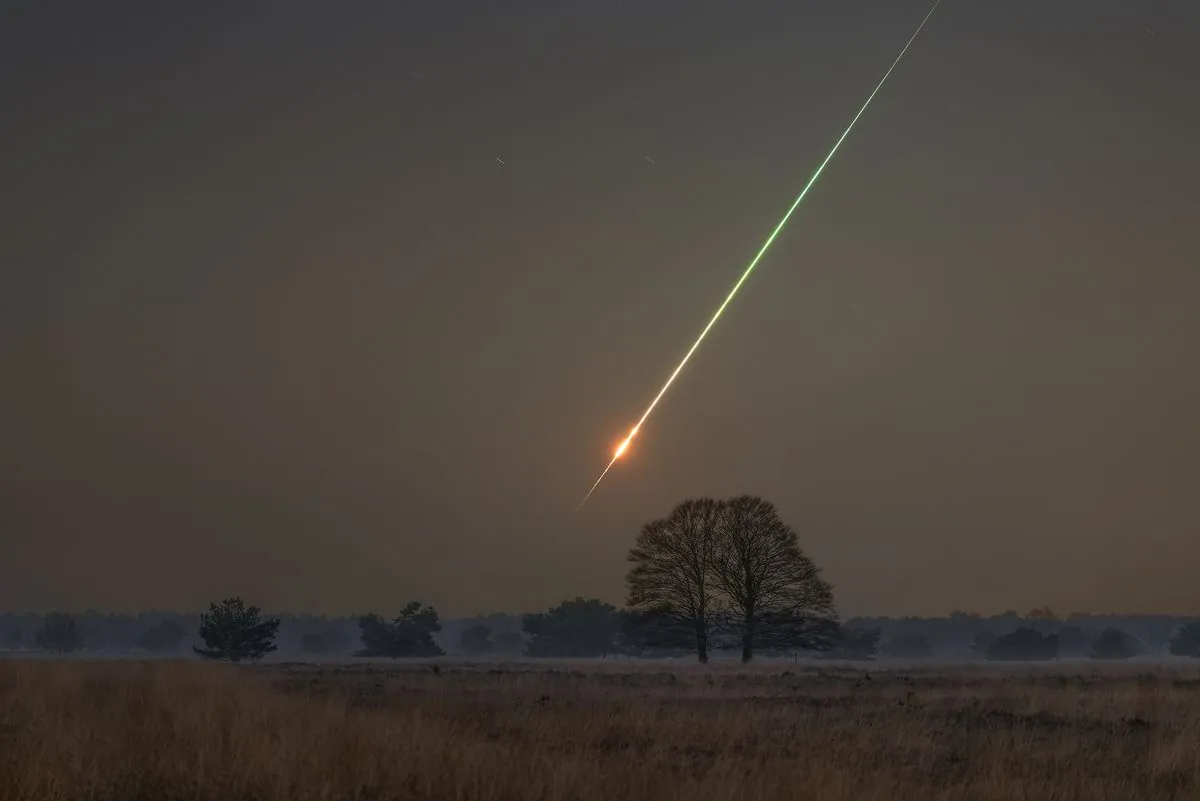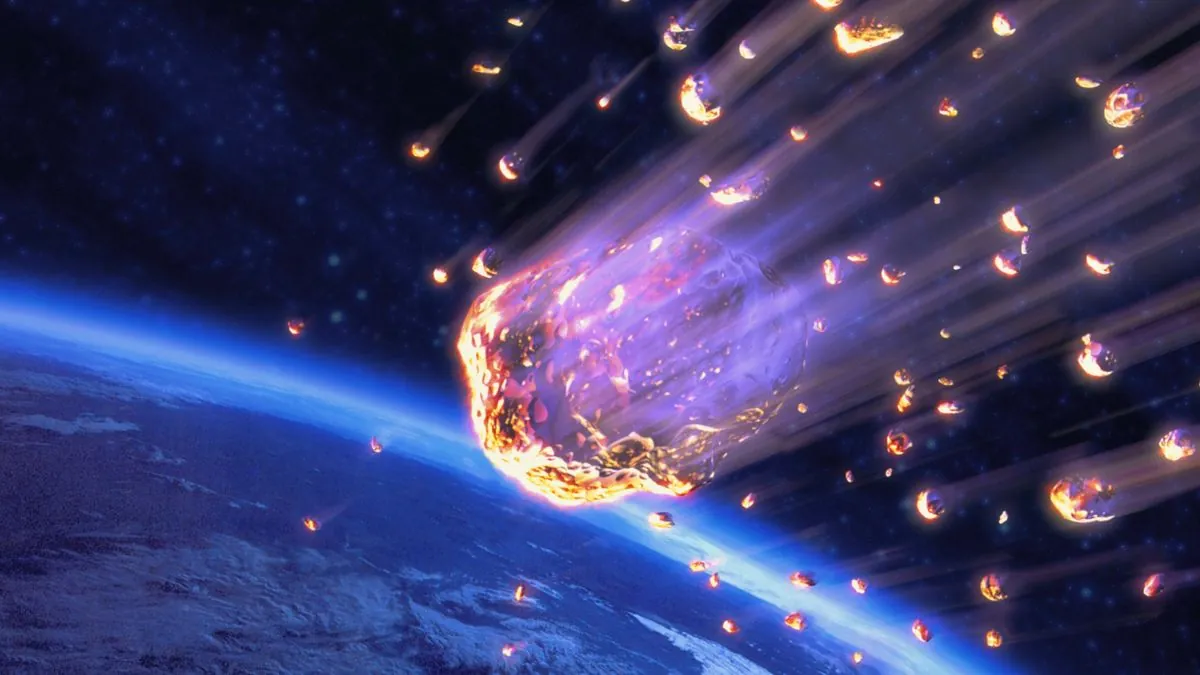Tiny Asteroid Discovered and Disintegrated Over Philippines in One Day
A small asteroid, spotted by Arizona astronomers, harmlessly burned up over the Philippines coast hours after its discovery. This rare pre-impact detection marks only the ninth such occurrence.

On September 4, 2024, a minuscule celestial visitor made a brief appearance in Earth's skies. NASA reported that a small asteroid, measuring approximately 1 meter in diameter, was detected and subsequently disintegrated in the planet's atmosphere on the same day.
This space rock, designated 2024 RW1, was initially observed by astronomers in Arizona. Hours after its discovery, the asteroid broke apart over the coast of the Philippines, posing no threat to Earth or its inhabitants.

The detection of 2024 RW1 marks a significant milestone in asteroid observation. It represents only the ninth instance where an asteroid was identified prior to its impact with Earth's atmosphere. This achievement underscores the progress made in near-Earth object detection since the discovery of the first asteroid by Giuseppe Piazzi on January 1, 1801.
While 2024 RW1's small size rendered it harmless, it serves as a reminder of the constant vigilance required in monitoring celestial bodies. Asteroids of similar dimensions approach Earth approximately every two weeks, typically burning up harmlessly in the atmosphere.
The identification of 2024 RW1 was made possible through the Catalina Sky Survey, an initiative operated by the University of Arizona with funding from NASA. This program plays a crucial role in the ongoing effort to catalog and track near-Earth objects.
Asteroids, also known as minor planets or planetoids, are remnants from the formation of our solar system about 4.6 billion years ago. While most are found in the asteroid belt between Mars and Jupiter, some have orbits that bring them closer to Earth. The study of these objects provides valuable insights into the early solar system and planetary formation processes.
The detection and tracking of asteroids have gained increased importance in recent years. In 2022, NASA's DART mission successfully demonstrated the ability to alter an asteroid's orbit, marking a significant advancement in planetary defense capabilities.
"The Associated Press Health and Science Department receives support from the Howard Hughes Medical Institute's Science and Educational Media Group. The AP is solely responsible for all content."
This event serves as a testament to the ongoing advancements in astronomical observation and our growing understanding of the celestial neighborhood. As we continue to explore the cosmos, each discovery, no matter how small, contributes to our knowledge of the universe and our place within it.


































